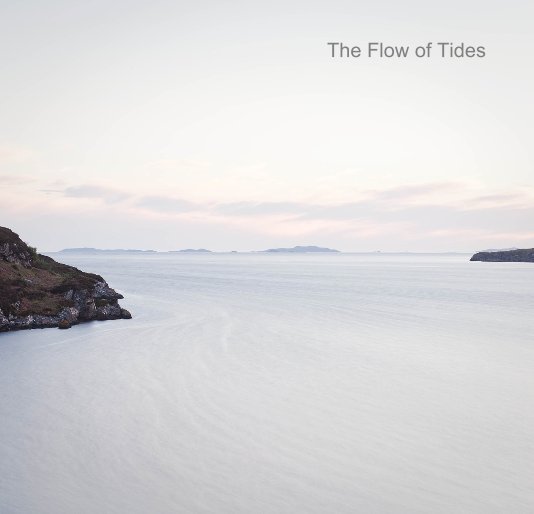The Flow of Tides
Small Concise Edition
de Andy Biggs
Este es el precio que tus clientes ven. Editar lista de precios
Acerca del libro
A small concise edition of The Flow of Tides.
The landscape of mountains, fields and even our towns is one that is relatively stable and slow to evolve. However, the repeated action of the tide and weather on our coastline provides us with an ever changing scene. Our efforts to withstand this evolution are often ineffective. Each new tide will slowly work at the shoreline’s weak points, relentless in its efforts to force change upon us, water is the most powerful force on our landscape. As the tide rises and falls the course of the coastline is continually being redrawn.
The landscape of mountains, fields and even our towns is one that is relatively stable and slow to evolve. However, the repeated action of the tide and weather on our coastline provides us with an ever changing scene. Our efforts to withstand this evolution are often ineffective. Each new tide will slowly work at the shoreline’s weak points, relentless in its efforts to force change upon us, water is the most powerful force on our landscape. As the tide rises and falls the course of the coastline is continually being redrawn.
Características y detalles
- Categoría principal: Libros de arte y fotografía
-
Características: Cuadrado pequeño, 18×18 cm
N.º de páginas: 120 - Fecha de publicación: jun. 21, 2011
- Palabras clave flow, tide, coast
Ver más
Acerca del creador
Andy Biggs
UK
Andy Biggs is an independent photographer based in Lancashire. His photography work focuses primarly on social and environmental issues, looking at changes in the way we live our lives. “How we live our lives and the use we make of the land are both continually changing. They are also inter-linked. The land's primary use had previously been for food production, while our jobs were in factories. Now tourism is the largest industry in the countryside and our jobs are found around service and heritage centre’s. The pride we had found in the art of production has now been lost in the need to answer the requests of others.”

